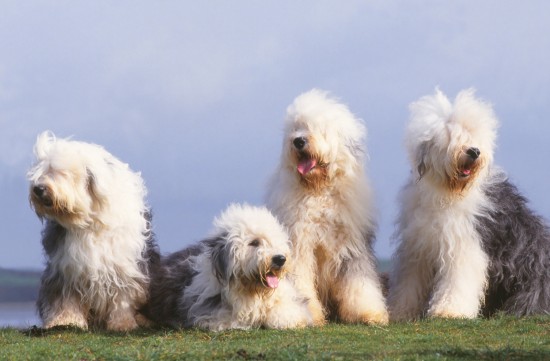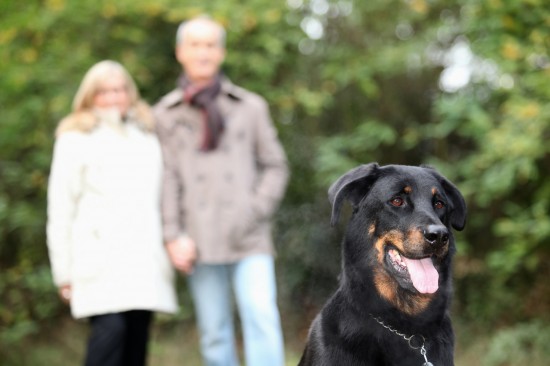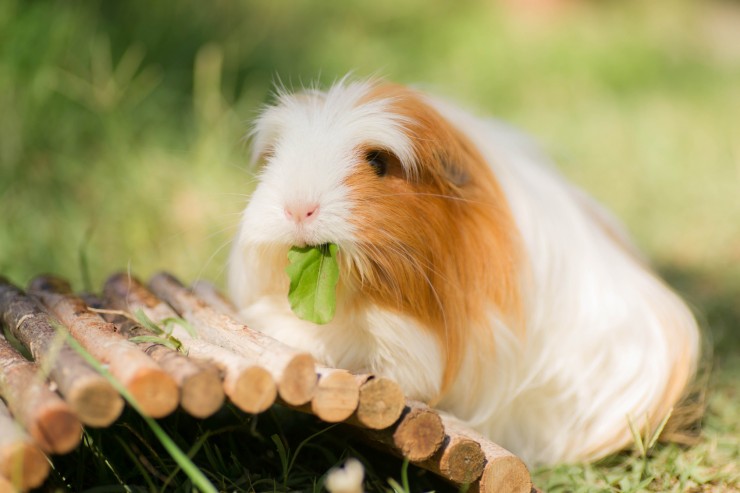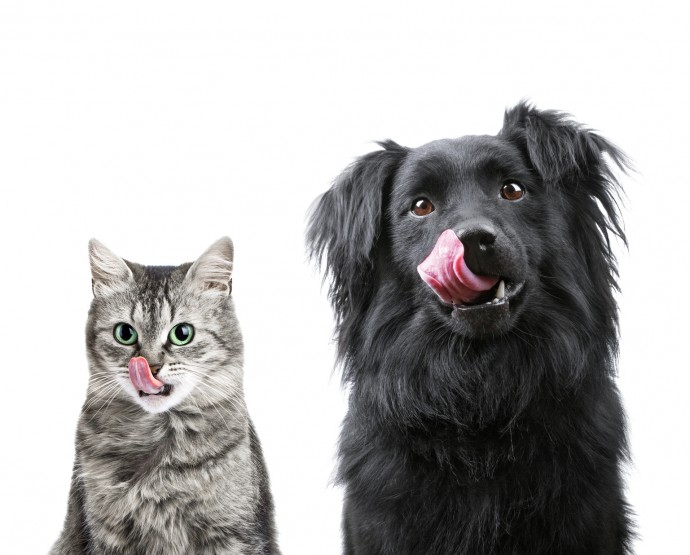In the modern world of commercially prepared, dry dog food and products, almost no-one ever thinks about what a dog actually requires in their diet. They simply expect their dogs are getting whatever nutrients they need to continue to be healthy, providing them with food as they have always fed their pet dogs.
In fact, a dog has really specific nutritional requirements that are greatly similar to ours. Unless you satisfy them, your pet dog can develop digestive issues, or even become ill. If nothing else, they'll seldom have normal, healthy bowel movements and everyone knows what that signifies for you.
Exactly What a Dog Needs
To begin with, ask yourself what a dog really needs. Canines don't need table scraps and they also don't need empty filler. Better yet, they don't really know the difference, particularly if you never give them table scraps to start with.
Unfortunately, commercial dog foods are generally low in nutrients and vitamins your dog requires, therefore if you're using standard pet food, you may have to supplement it in some ways. In the wild, a dog could receive its vitamins and minerals from freshly killed prey, roots, fruit and berries, grass, and bugs in a pinch.
You aren't about to go out and find your dogs some ants to eat, however there are some things that can be done to supplement their diets.
Getting Your Pet Dog the Proper Nutrients
To begin with, reexamine the dry food you give your pet. If it's a bland, store brand which has a corn base, it's not doing the job. There are a few pure, organic foods which contain less fillers and more nutrients.
In order to go the whole foods way, look at the dietary requirements of a dog. This means getting beef or chicken into their diet to ensure the animal proteins they require. Organic meats are best to lessen antibiotics and other chemicals.
You'll also have to supplement foods by reducing fat intake. If you don't have lean meat to feed them, reduce any fat from other sources. Avoid hot dogs or cheese for instance. In addition, regardless of the debate that they are carnivores, canines can gain quite a bit from fruit or veggies.
Even so, some fruit and veggies are not good for them. Stay with whole, fibrous foods. Apples are great, as well as whole grain products and several grasses. Also, fatty acids from eggs or fish are great, though keep away from any fish that could have bones.
Daily Feeding
Your pet dog should also not be consuming too much. A fifty pound dog should only eat 2-3 cups of food per day at most, split between two meals. Your pet dog doesn't require 3 or 4 meals per day (unless of course it's a big enough breed of dog or your schedule dictates it).
Furthermore, have fixed food times for your dog. Merely placing down a dish of food and leaving it full is a very quick way to get your pet dog really fat. Dogs will eat anything you place in front of them, and so they will easily grow lethargic because of it.
One other good idea is to make your canine work physically and mentally for his or her food. A walk just before eating is good, as is making them sit and wait for the food dish. This stimulates the instincts that tell them to hunt for that meal each day.
Feeding your dog isn't like feeding your child. You don't need to ask them what they want or try and mix it up with variety. If you have ever witnessed how enthusiastic a dog becomes for dull, dry kibble, you know that they're absolutely content eating anything they receive.
In addition, they're healthier if you adhere to a stable, well balanced diet.

 How To Keep An Old English Sheepdogs Coat Looking Good
How To Keep An Ol
How To Keep An Old English Sheepdogs Coat Looking Good
How To Keep An Ol
 What You May Have To Give Up If You Want To Own A Dog!
What You May Have
What You May Have To Give Up If You Want To Own A Dog!
What You May Have
 Getting Experience With Dogs For Non Dog Owners
Getting Experienc
Getting Experience With Dogs For Non Dog Owners
Getting Experienc
 How To Set Up A Great Environment For Your Guinea Pig
How To Set Up A G
How To Set Up A Great Environment For Your Guinea Pig
How To Set Up A G
 How To Stop Your Cat From Eating Dog Food
How To Stop Your
How To Stop Your Cat From Eating Dog Food
How To Stop Your